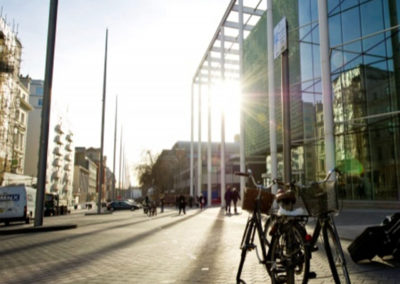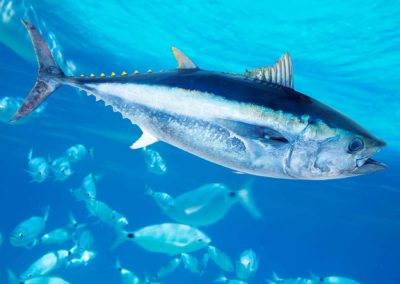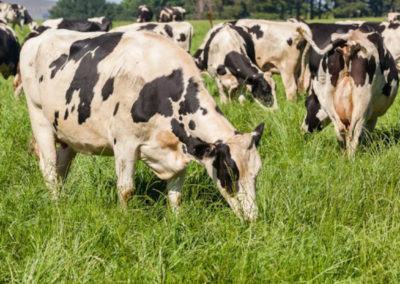Big Data and Statistical Machine Learning
Our experts are developing machine learning techniques that can handle modern data types, such as free text, and draw on statistical and computational intelligence techniques to navigate vast amounts of information, like distributed databases or data streams, with minimal human supervision.
They have also developed Bayesian anomaly detection methods to protect high volume data streams and large dynamic computer networks against cyber-attacks and fraudulent activity. See Statistical Cyber Security Analytics.
The experts…
- Prof Niall Adams – expertise in classification, data mining, streaming data analysis and spatial statistics for bioinformatics
- Prof Nick Heard– expertise in computational Bayesian inference, cluster analysis, graph analysis and topic modelling for large dynamic networks such as computer networks or social networks – and bioinformatics problems.
- Dr Marina Evangelou – expertise in Bayesian statistics, machine learning and network analysis.
- Prof. Guy Nason – expertise in time series including network time series, statistical learning, unsupervised learning, forecasting and prediction.
Privacy – and use of data
Large-scale datasets (such as mobile phone logs, credit card useage, browsing metadata, membership or customer sales information) offer huge insight into the location, habits, status and needs of people without the need for questionnaires. However, anonomity and privacy issues require organisations to gather and store it securely – and then restrict use of data than can be used to plot trends, identify requirements and better understand societies on a large scale.
Our experts can help with solutions to collect and store data securely – and effectively anonomolise it in line with privacy requirements – plus they have also developed machine learning techniques to gain insight from this data – for example…
- using behavioral indicators they can predict people’s personality up to 1.7x better than random to help organisations better understand their customers.
- using 4 spatio-temporal points they can uniquely identify the location of 95% of people in a mobile phone database of 1.5M and 90% of people in a credit card database of 1M.
- creating data driven customer segmentation for marketeers
- using telco data to provide an insight into the spread of infectious diseases, strategies into micro-target outreach and driving health-seeking behavior.
What’s more, they can also match data in separate datasets to provide a much broader and more informed picture of an individual. For example, by matching data from different departments and registers within an organisation, they can build an overview of a customer so their needs can be quickly and effectively assessed and dealt with.
Experts include…
Dr Yves-Alexandre de Montjoye – whose collaborations include: Boston Consulting Group, Bill and Melinda Gates Foundation, United Nations, NetMob,
Advisory services
Product design, research methods, data analysis, technology evaluation for investment, technological innovation, patent evaluation, prototype and protocol development, policy, cyber security and more. Assisting museums, writers, film makers and artists to ensure creations scientifically sound.
Expert insight
Membership of Scientific Advisory Boards and Technical Panels, advice and guidance on drug development programmes, thought leadership, conference speakers, literature reviews and provision of foresight.
Analysis and testing
Use of the world-class specialist facilities and technicians at Imperial for projects ranging from aerodynamic measurements and medical imaging to structural testing and analysis.
Our consultants are world-leading experts in their field, committed to on-going research.
Who to contact:

Anne Freitag
Engagement Manager
For Chemistry, Chemical Engineering, Earth Sciences, Bio Sciences, Life Sciences and Materials








